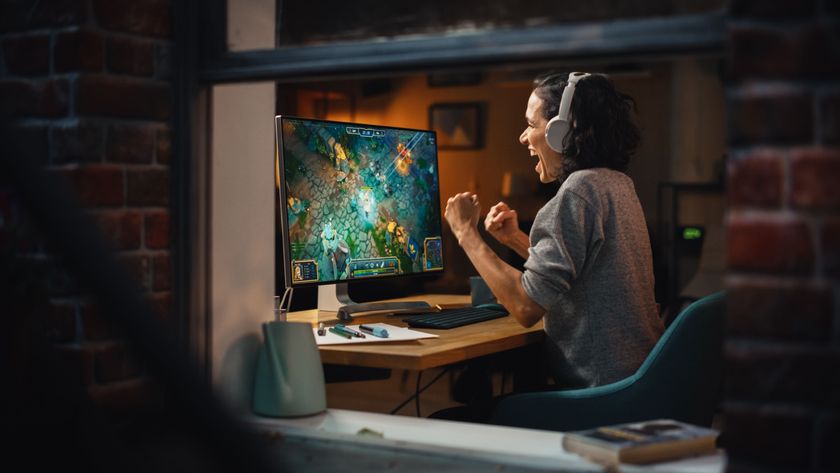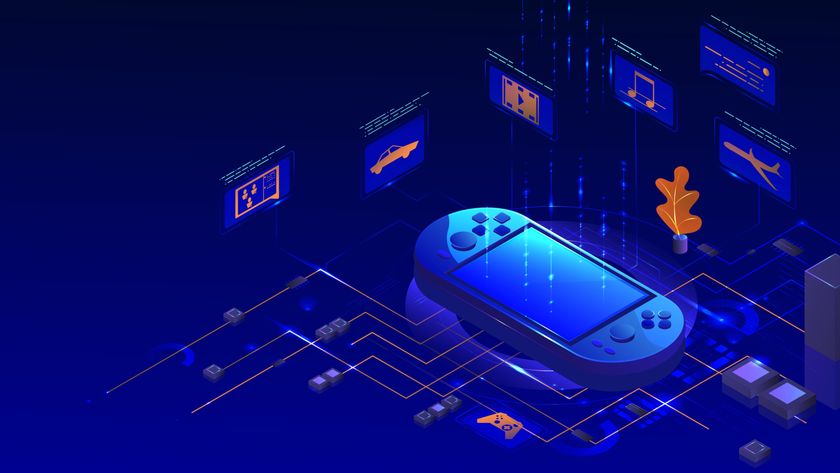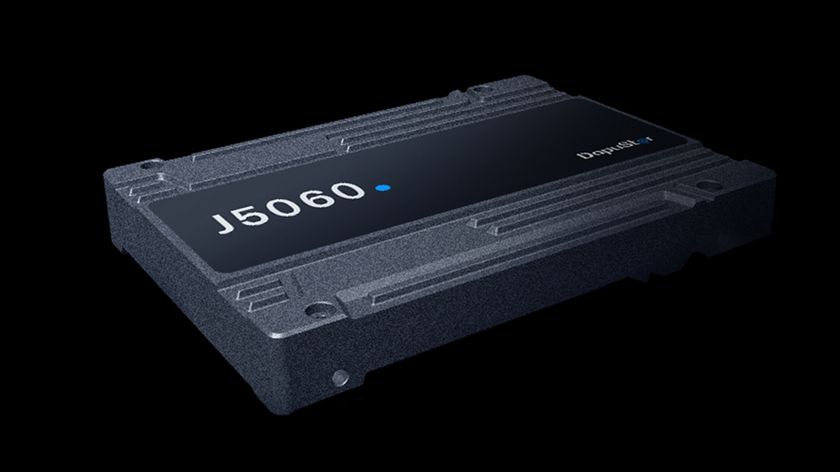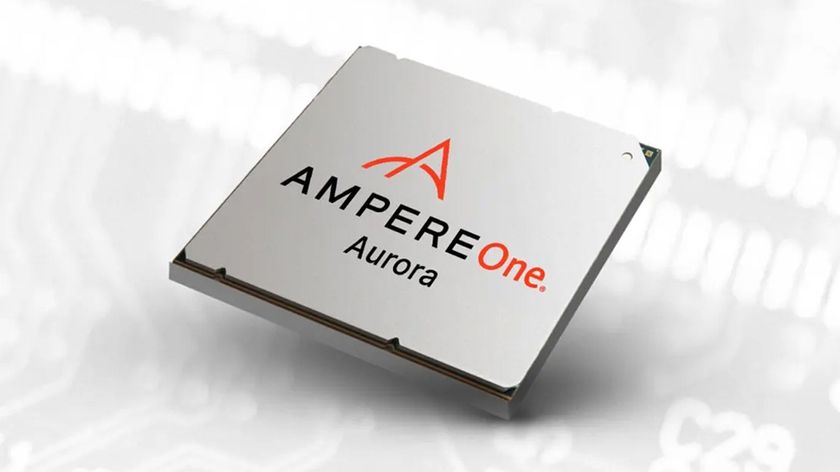Getting value for money
The biggest advantage that small UK outfits have is their flexibility. Since they buy in relatively small quantities, they can switch allegiance at the click of a mouse. That means they often do a better job at keeping up with the most popular configurations, courtesy of components that deliver the best bang for your buck.
Without the fear of warranty problems on an epic scale, they can also afford to sail a little closer to the wind when it comes to shipping factory overclocked systems. Thus the AMD Phenom quad-core CPU in the Dell XPS runs at its standard 2.5GHz frequency, while CyberPower has cranked the Phenom II triple-core chip in the Perseus up to a giddy 3.65GHz.
Despite the big differences in background between the two types of gaming system available to UK buyers, they do share a common end goal: pure performance. Historically, that's chiefly required a powerful graphics card, and it continues to be the most vital component to this day, despite the ever-burgeoning core counts – and therefore parallel processing power – of modern CPUs.
Indeed, it's a curious fact that gaming, which is possibly the most demanding consumer PC application, is also the one that has most stubbornly resisted the increasing pressure to go truly multithreaded. Even the latest and most advanced games are lightly threaded at best. There are few, if any, titles that can really make the most of a quad-core processor, much less Intel's Core i7.
In that context, the big difference between a gaming PC and an all purpose powerhouse is the balance between graphics and CPU power. For gamers, it pays to spend more on the video card, because the overall aim is to produce a system that will run all current games at decent detail settings with a smooth frame rate.
Smoothness in the gaming context is a pretty subjective metric, and it's extremely dependent upon the size and resolution of the monitor being driven. Bigger panels with more pixels require more graphics horsepower. Typically, an average rate of around 50 frames per second means that a game will rarely stutter. That's not to say that games are unplayable below that mark, though – anything over 30 frames per second on average is adequate.
Get daily insight, inspiration and deals in your inbox
Sign up for breaking news, reviews, opinion, top tech deals, and more.
To achieve this on today's 20in-plus LCD panels demands a graphics card in the £150 region or better. In practice, that means ATI's Radeon 4800 series or Nvidia's competing GeForce GTS and GTX 200 boards. It's also worth noting that large amounts of graphics memory can be beneficial when running at high resolutions. 512MB is currently considered the minimum requirement for a good gaming experience.
A balanced platform
As important as its graphical prowess is, however, a balanced gaming PC has other needs to meet. A high clocking CPU for single-threaded throughput is desirable, so a faster dual-or triple-core chip is therefore often preferable to a quad-core CPU running at slower frequencies.
Likewise, insufficient system memory can generate problems. Modern games often involve the simulation of vast virtual worlds. If that data can't fit within a PC's RAM capacity, constant disk activity and painfully slow performance are the results.
Lastly, the hard disk itself also has an impact on gaming enjoyment. Quicker hard drives make for faster level loads. Good cooling is another key aspect of a gaming PC. For those willing to dabble in overclocking, it allows higher frequencies to be achieved. For everyone else, it makes for a quieter and more stable PC.
Performance aside, upgradability is a big aspect of PC gaming. The sector's technology progresses at a relentless pace. A year is sometimes all it takes to turn a champion video chipset into a sub-par component, so a chassis that adheres to the ATX standard and provides good access to components is crucial. Similarly, a high-wattage power supply will ensure that any new components will fire up as intended. Right now, 650W is the minimum we'd recommend.
-------------------------------------------------------------------------------------------------------
First published in PC Plus issue 281
Liked this? Then check out Why the future looks bright for PC gaming
Sign up for the free weekly TechRadar newsletter
Get tech news delivered straight to your inbox. Register for the free TechRadar newsletter and stay on top of the week's biggest stories and product releases. Sign up at http://www.techradar.com/register
- 1
- 2
Current page: Getting value for money in a gaming PC
Prev Page Big manufacturers vs the independents












